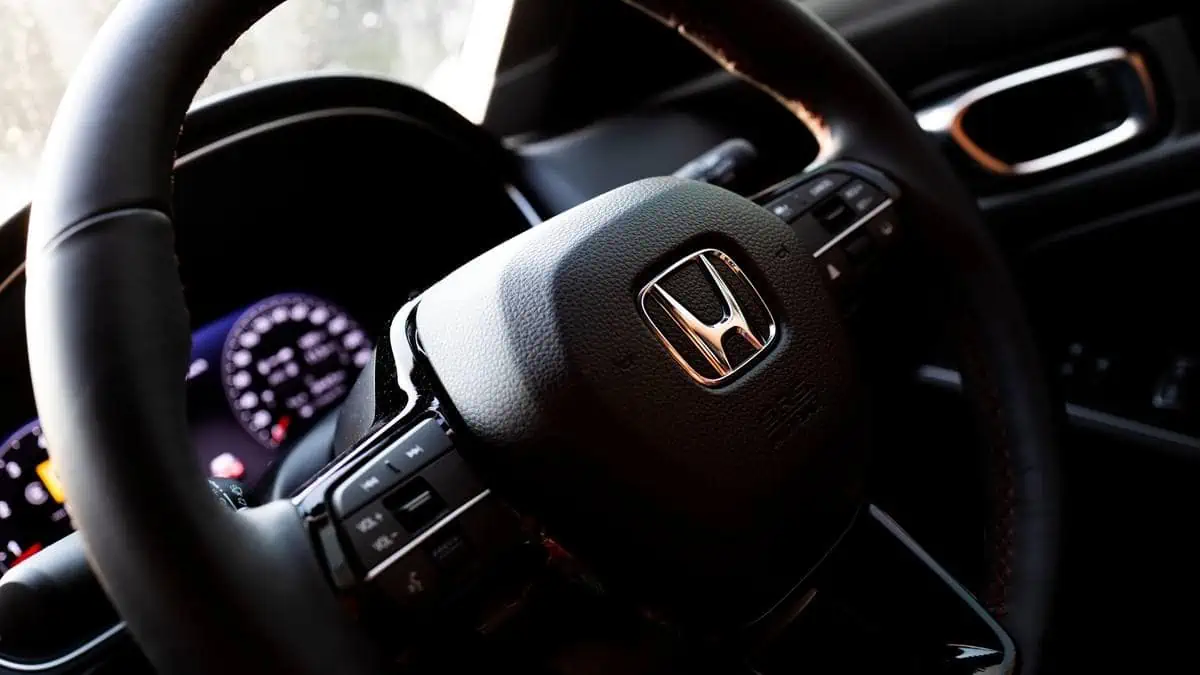In a rapidly expanding electric vehicle industry, Japanese legacy automaker Honda emerges as the “most committed automaker” in North America for now, owing to its substantial electrification investments.
In contrast, other players pull back amid the slower-than-expected electric vehicle uptake in the region.
Honda may be “North America’s most committed automaker” for now
According to CNBC, Honda remains committed to accelerating its electrification strategy this year, while other electric automakers have shifted their focus to alternatives like hybrids.
Honda announced an $11 billion investment in a new electric vehicle hub in Canada, which the automaker calls a “comprehensive EV value chain.”
On the other hand, major automakers like General Motors ditched plans to provide EV production targets to adhere to customer demand. Meanwhile, Ford decided to postpone its approximately $12 billion in electrification push.
“Each manufacturer has their reasons for their direction.”
Bob Nelson, American Honda Motor Co. Executive VP
While Honda boosts EV-related investments, it also remains cautious to ensure it can adjust their strategies when necessary, as seen in the flexible design of its $700 million EV production hub in Ohio.
“The $700 million investment gives us the flexibility to produce ICE [internal combustion engine] and BEV [battery electric vehicle] on the same line. We think that is a smart strategy as the market continues to grow.”
Bob Nelson, American Honda Motor Co. Executive VP
The Ohio factory will establish the necessary production expertise and efficiencies that Honda can share throughout its North American operations or even globally, particularly in engineering and purchasing.
“Having all of those functions and experience here gives us the ability to develop the capabilities, standards, and profits for EVs, which we will use throughout the world as we expand our EV footprint.”
Bob Nelson, American Honda Motor Co. Executive VP
The Honda executive further shared that the Japanese automaker is on track to hit its target of having EVs account for 80% of its portfolio by 2035 and 100% by 2040.
Critics believe Honda is only trying to catch up
Despite Honda’s remarkable efforts to advance in the electric vehicle market, several industry analysts argue that the Japanese automaker is only playing catch up.
“They are catching up and getting into the game for sure.”
Cliff Banks, Banks Report Founder
On the other hand, other OEMs are starting to postpone or cancel their EV plans due to waning customer demand and high costs.
“Auto manufacturers have seen that the costs are really expensive in trying to bring viable EVs to the market. Basically, what they are doing is rebuilding the airplane while still flying it. Honda will feel that same cost pressure moving forward; I’d not be surprised to see them back off.”
Cliff Banks, Banks Report Founder
Indeed, automakers are struggling to navigate the complexities of the rapidly evolving automotive market.
“As we make this transformation, it’s going to happen over decades. And that’s why I couldn’t be more proud of our gas-powered fleet as well.”
GM CEO Mary Barra recently told NBC News
Confusingly, an unnamed GM spokesperson immediately corrected CEO Barra’s remarks by confirming that the company remains committed to becoming an all-electric vehicle brand by 2035.
That said, it is only natural for critics like Banks to anticipate some changes in Honda’s strategy along the way.
“I think there will be some short-term changes along the way, but we are still early into this transition to battery-powered electric vehicles.”
Cliff Banks, Banks Report Founder
For context, Honda is also trying to compete in the hybrid segment. According to Honda executive Bob Nelson, the CR-V is a competitive “transition car” that can potentially entice customers to join the EV shift.
Intensifying competition in the EV market
Some auto experts are also skeptical of Honda’s electrification efforts, questioning whether it is a genuine commitment or a way to capitalize on current trends.
Cars.com editor Jenni Newman believes the Japanese automaker can “fill a void” as other players pull back.
Kelley Blue Book’s latest survey also revealed that Tesla’s market share dropped from 61.71% last year to 51.3% in Q1 2024, partly due to the surge of new competitors, leaving the market “unsettled.
“It is not chaos, but it is close. Tesla has decreased prices on their new cars, which has impacted the used car side.”
Bob Nelson, American Honda Motor Co. Executive VP
Amid these market changes, legacy automakers like Honda and other startups like Rivian are advancing with their own EV offerings.”
“We do not know how it will all shake out.”
Bob Nelson, American Honda Motor Co. Executive VP
All that said, Honda’s intensified electric vehicle investments will play a crucial role in its efforts to become a dominant player in the highly competitive market.
As Honda solidifies its position as North America’s most committed EV automaker, its strategic initiatives and forward-thinking approach set the stage for a transformative shift in the automotive industry. With a focus on innovation, sustainability, and consumer-centricity, Honda is poised to shape the future of mobility and redefine the automotive landscape for generations to come.






